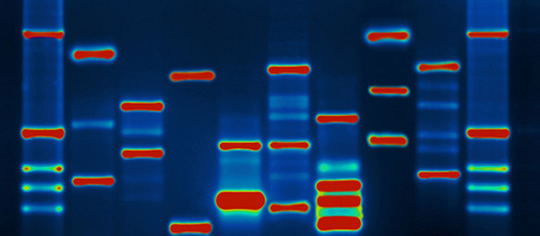Mice with the KLOTHO gene variant lived longer and were smarter.
Scientists have shown for the first time that people who have a variant of a gene called KLOTHO also have improved cognitive abilities, including better memories and enhanced thinking skills.
In parallel research on mice, the researchers found that when they increased the levels of the gene variant, the mice got smarter, perhaps due to increased connections between nerve cells (Dubal et al., 2014).
This could provide a promising avenue of research for tackling Alzheimer’s disease.
The study’s lead author, Dena Dubal said:
“This could be a major step toward helping millions around the world who are suffering from Alzheimer’s disease and other dementias.
If we could boost the brain’s ability to function, we may be able to counter dementias.”
In the human arm of the research, the scientists gave a whole battery of cognitive tests to over 700 people with and without the gene variant.
About 20-25% of participants had one copy of the gene variant, known as ‘KL-VS’,
Those with one copy, compared to none, performed better on the cognitive tests, regardless of their age, sex or genetic risk factors for Alzheimer’s disease.
Another of the study’s authors, Roderick Corriveau, said:
“These surprising results pave a promising new avenue of research
Although preliminary, they suggest that a form of klotho could be used to enhance cognition for people suffering from dementia.”
Like the humans in the study, the mice also performed better on cognitive tests, including those of memory and learning.
Lennart Mucke, the director of the Gladstone Institute of Neurological Disease, said:
“Overall our results suggest that KLOTHO may increase cognitive reserve or the brain’s capacity to perform everyday intellectual tasks.”
The gene takes its name from the entity in Greek mythology called ‘Clotho’, who was one of the ‘fates’ who were supposed to control the thread of people’s lives.
If this research bears further fruit, the KLOTHO gene could change the fate of many people’s lives.
Image credit: Micah Baldwin

